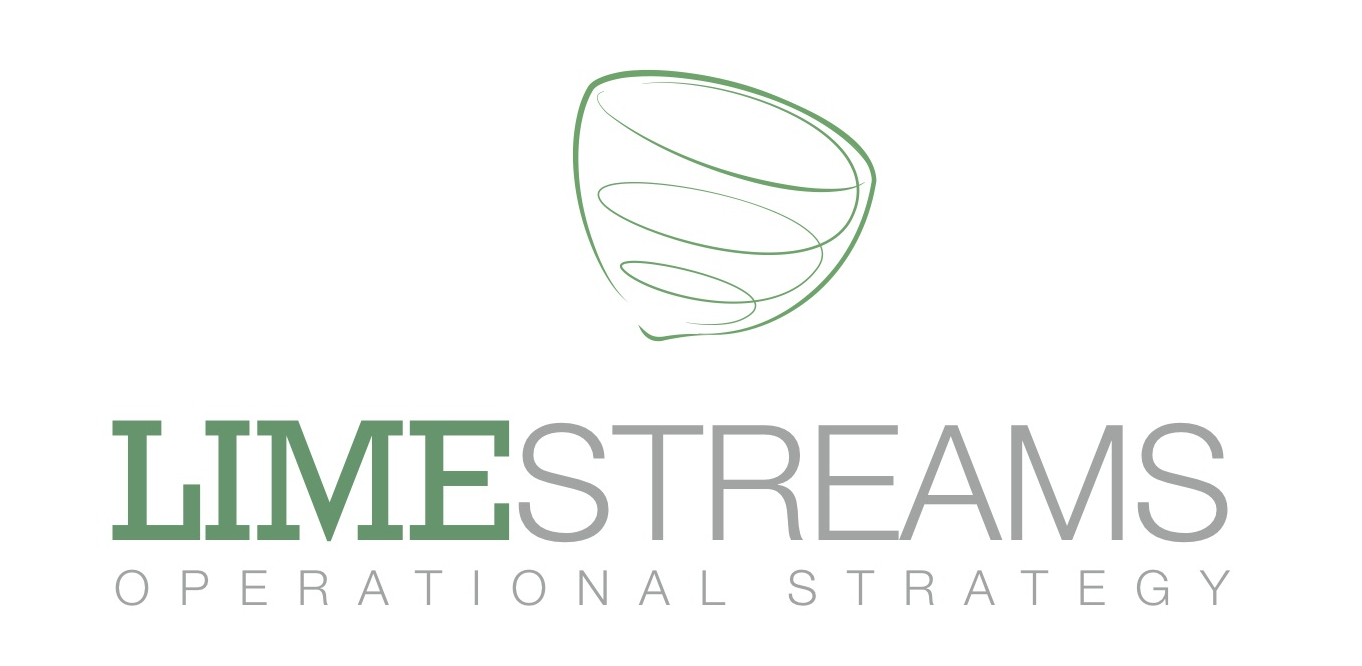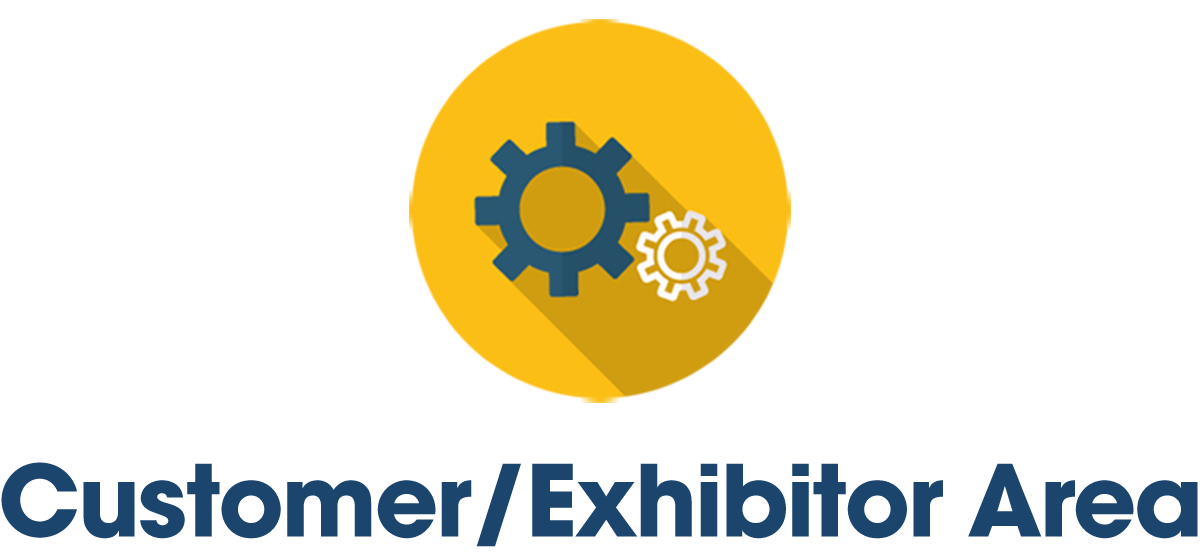
- Homepage
- Our latest news
- Making a success of your digital transformation: the keys to success and the pitfalls to avoid
Making a success of your digital transformation: the keys to success and the pitfalls to avoid
Digital transformation is a major challenge for businesses looking to modernise their tools and processes. However, despite the promises of productivity and efficiency gains, a large number of IT projects fail. According to a January 2024 study, 75% of digital transformation projects fail on time and on budget, despite the considerable resources invested. So how can you avoid failure? Here's what Limestreams had to say at GI 2024.
One of the primary factors in the failure of a digital transformation project is unfavourable governance and context. A project may be supported by senior management, but if the objectives are not clearly defined and communicated to all the teams involved, this creates misunderstandings and a lack of commitment.
Fluid communication is therefore crucial. A well-explained project, with clear objectives and a detailed schedule, avoids frustrating the teams and ensures that each stakeholder knows what his or her role is. This applies to any type of project: whether you're implementing an ERP, a WMS or any other IT tool. Solid governance must include not only management, but also all the teams affected by the change.
Involving and aligning teams from the outset
Another major obstacle to the success of a transformation project is insufficient team involvement. If they are not consulted and involved from the start of the process, this can hinder the adoption of the new tools.
It is common to encounter resistance to change, especially when teams have already experienced failure in the past. It is therefore crucial to involve all the players concerned at every stage of the project, and to give them sufficient time and resources to adapt. The success of an IT project also depends on the availability and commitment of the teams, which is often underestimated.
Data quality: an often neglected issue
At Limestream, we often say: ‘Garbage in, garbage out’. In other words, even the best IT tool won't be able to do anything if the data injected into it is incorrect or incomplete. Data management is often neglected, even though it is one of the pillars of a successful digital transformation.
When deploying tools such as ERP or WMS, it is essential to ensure that data is consistent and complete. Integrators generally talk about data recovery, but this subject is often treated superficially. If data is spread across several tools with different management rules, this creates inconsistencies that can compromise the whole project.
It is therefore imperative to invest time in consolidating data, and to ensure that it is correctly catalogued before starting any implementation.
The Limestream methodology: a 5-step framework
Limestream has developed a five-stage methodology to support companies in their digital transformation:
- Operational and IT master plan: A complete diagnosis of the company, including interviews with stakeholders to identify strengths, weaknesses and areas for improvement.
- Workflow modelling: From pre-sales to invoicing, we model processes and identify the tools best suited to optimising workflows.
- Specifications: If necessary, we draw up detailed specifications based on the functional requirements identified in the first phase.
- Changeover plan: This stage involves defining a clear, timed plan for each phase of the project, ensuring smooth adoption by the teams.
- Project management: We ensure regular monitoring of the budget, schedule and progress of the project, while anticipating risks to avoid any slippage.
This methodology ensures the security of the entire project, by guaranteeing that each stage is monitored and that the teams are aligned with the objectives to be achieved.
Managing internal resistance: identifying the obstacles to change
Finally, it is not uncommon to encounter people within the company who are resistant to change, which can slow down the project. Limestream sometimes uses the metaphor of Greek mythology, referring to these individuals as Hades. These are people who may appear to be good students at official meetings, but who will denigrate the project behind the scenes, contributing to a climate of scepticism and resistance.
Identifying these people is essential if the project is to run smoothly. It is sometimes necessary to remove them from the project or reposition them, to avoid them becoming a major obstacle to the progress and adoption of the new tools.








